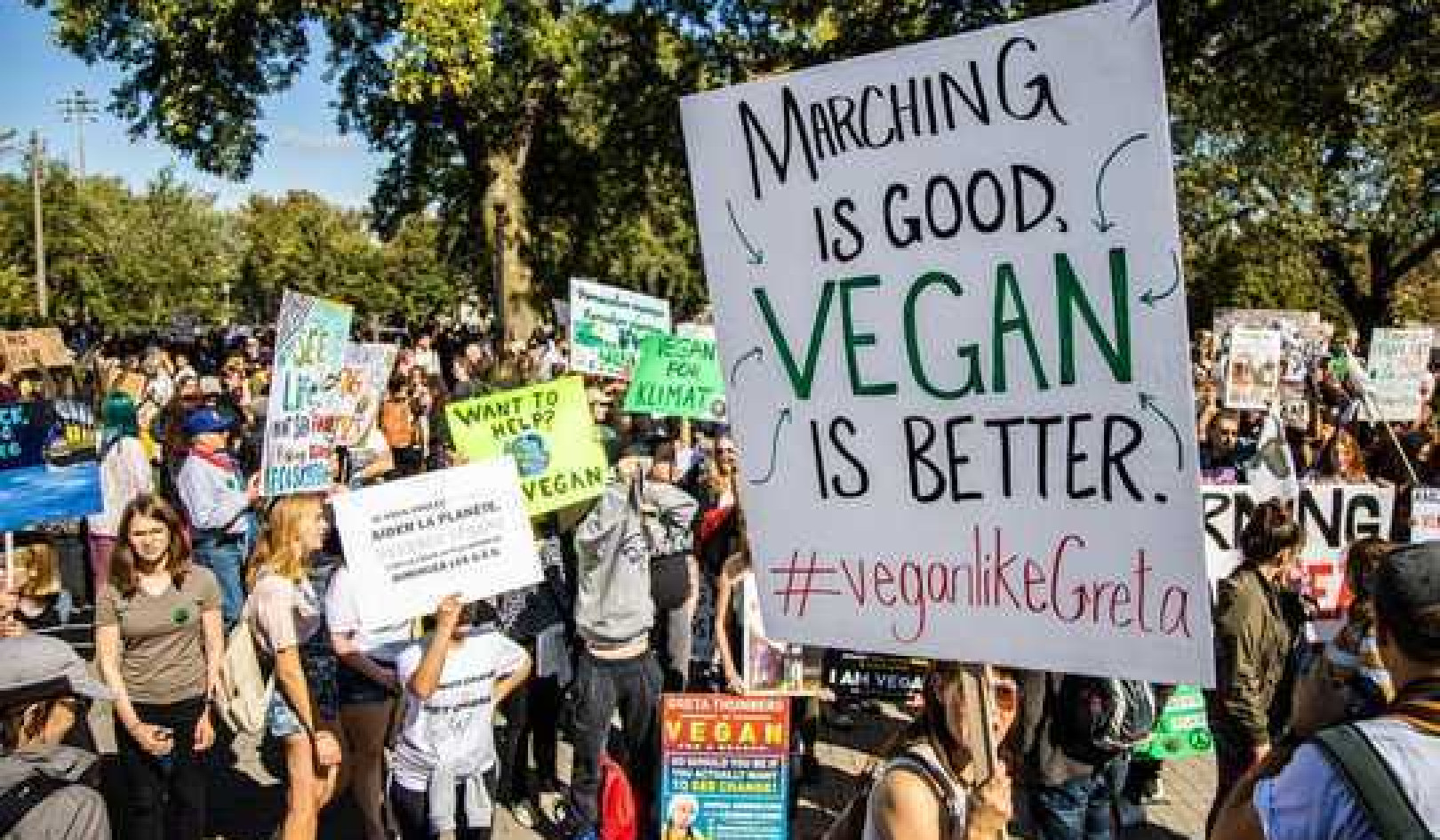Warming Faster—Interview w/ David Victor—Radio Ecoshock 2019-01-16
Thanks for visiting InnerSelf.com, where there are 20,000+ life-altering articles promoting "New Attitudes and New Possibilities." All articles are translated into 30+ languages. Subscribe to InnerSelf Magazine, published weekly, and Marie T Russell's Daily Inspiration. InnerSelf Magazine has been published since 1985.

Our guide to the Comment published by the prestigious journal Nature in December, is co-author David G. Victor. At the University of California San Diego, Dr. Victor is a professor of international relations, and director of the Laboratory on International Law and Regulation. He is a connected guy, often producing reports for the Brookings Institution, while publishing articles in magazines like The New Yorker. David Victor is author of the book “Global Warming Gridlock” published by Cambridge University Press.
*Stop Fossil Fuels notes:* Victor is very mainstream in his proposed solutions. With global warming increasingly revealed as more advanced and perilous than forecast, we advocate shutting down fossil fuel combustion as fast as possible. Learn more at https://stopfossilfuels.org
Show by Radio Ecoshock, reposted under CC License. Episode details at https://www.ecoshock.org/2019/01/warming-faster-than-we-think.html
TRANSCRIPT EXCERPT
The lead author of this faster warming paper is Yangyang Xu, who has done other work on the tricky question of pollution cooling Earth in another program. The “aerosol” question is generally left out of what you have been told about global warming. The projections of the Intergovernmental Panel on Climate Change on the amount of warming to expect, does not realistically account for the hidden warming that appears when we clean up the air (in my opinion). Yangyang Xu has studied this extensively, especially in the prime country that matters now, in China.
This paper “Global warming will happen faster than we think” does factor in cleaner air, listing it as one of three causes that will propel near-term warming above previous predictions. I think we are experiencing the opening burst of that heating now, including in the Northern Hemisphere in the past summer, and in Australia now. Each year is hotter than the last, with a heat rash breaking out over the planet starting around 2010.
I suggest to David Victor that “From the Arctic to India, large parts of the world have already warmed more than 1.5 degrees for most of the year. Frankly, I think discussion of 1.5 as a “target” is a cruel joke. We will pass that quickly. Why bother with an impossible target?” He agrees.
THREE REASONS FOR FASTER HEATING
“Three lines of evidence suggest that global warming will be faster than projected in the recent IPCC special report.
Greenhouse-gas emissions are still rising. In 2017, industrial carbon dioxide emissions reached about 37 gigatonnes, on track with the highest emissions trajectory the IPCC has modelled so far. This dark news means the next 25 years are poised to warm at a rate of .25-.32°C per decade. That's faster than the .2 per decade we've experienced since the 2000s, and which the IPCC used in its special report.
Governments are cleaning up air pollution faster than the IPCC and most climate modellers have assumed. China reduced sulfur dioxide emissions from its power plants by 7-14% between 2014 and 2016. Mainstream climate models had expected them to rise. Lower pollution is better for crops and public health. But aerosols, including sulfates, nitrates and organic compounds, reflect sunlight. This shield of aerosols has kept the planet cooler, possibly by as much as .7C globally.
The planet might be entering a natural warm phase that could last a couple of decades. The Pacific Ocean seems to be warming, in accord with a slow climate cycle known as the Interdecadal Pacific Oscillation. This cycle modulates temperatures over the equatorial Pacific and over North America. Similarly, the mixing of deep and surface waters in the Atlantic Ocean (the Atlantic meridional overturning circulation) looks to have weakened since 2004, on the basis of data from drifting floats that probe the deep ocean. Without this mixing, more heat will stay in the atmosphere rather than going into the deep oceans, as it has in the past.”
“There’s a good chance that we could breach the 1.5 °C level by 2030, not by 2040 as projected in the special report”
“The Lancet Countdown on health and climate change announced last week that 157 million more people were exposed to heatwave events in 2017, compared with 2000.”
I worry that we are approaching a perfect storm which could make real climate-saving action impossible. It could be economic breakdown, government shut-down, or civil disruption—all in a mix of record storms, floods, drought, and fires. Could we reach a point where talk of policy and regulation is futile? Are we already there, with a shutdown of the US government, shattering of previous alliances, and a split between far left and far right in many countries?

Thanks for visiting InnerSelf.com, where there are 20,000+ life-altering articles promoting "New Attitudes and New Possibilities." All articles are translated into 30+ languages. Subscribe to InnerSelf Magazine, published weekly, and Marie T Russell's Daily Inspiration. InnerSelf Magazine has been published since 1985.

Why Universal Basic Income Is Easier Than It Looks
Calls for a Universal Basic Income have been increasing, most recently as part of the Green New Deal introduced by Rep. Alexandria Ocasio-Cortez (D-NY) and supported by at least 40 members of...

Climate Action Shouldn't Mean Choosing Between Personal And Political Responsibility
Can your individual behaviour make a real difference to the environment? And should you be expected to voluntarily change your life in the face of our worsening environmental crises?

Shocking UN Report Warns up to a Million Species are at Risk of Extinction Due to Human Activity
An alarming new report by a panel of leading scientists warns that human activity is causing the disappearance and deterioration of wildlife at a rate that could represent an existential threat to...

Ecology and Culture: How Environmental Factors Shape Cultural Differences
In some parts of the world, the rules are strict; in others they are far more lax. In some places, people are likely to plan for the future, while in others people are more likely to live in the...

Why More Mental Health Care Won't Stop The Gun Epidemic
Guns exact a heavy toll on the American public every day. On the average day, around 100 people die from a gun death. Because of the rise in gun deaths in recent years, the nation now faces a...

How Feminine Images Challenge Authoritarian Regimes
Modern protest movements, like the ongoing protests in Iran, often center around women who have been killed or harmed by agents of authoritarian governments.






















